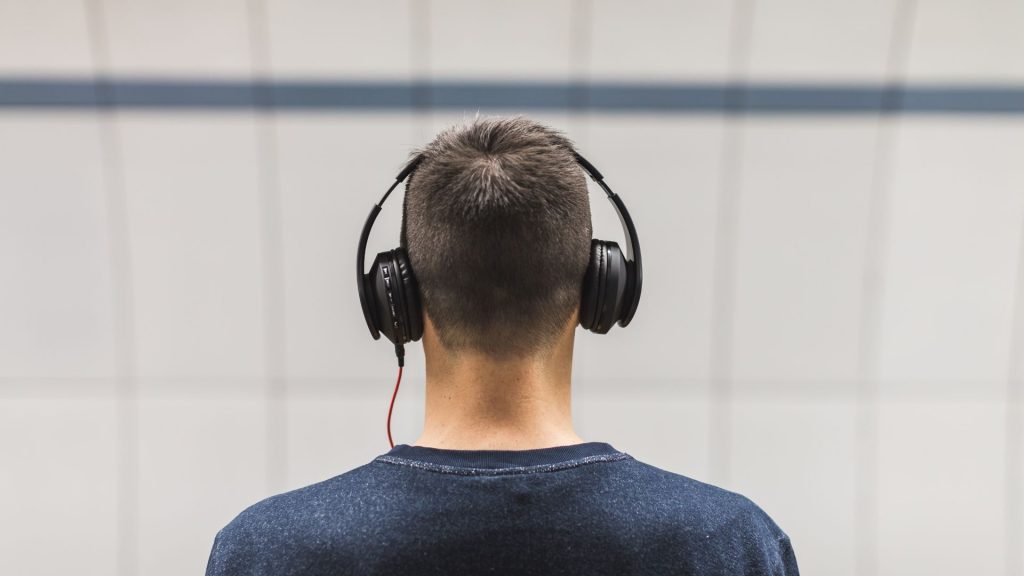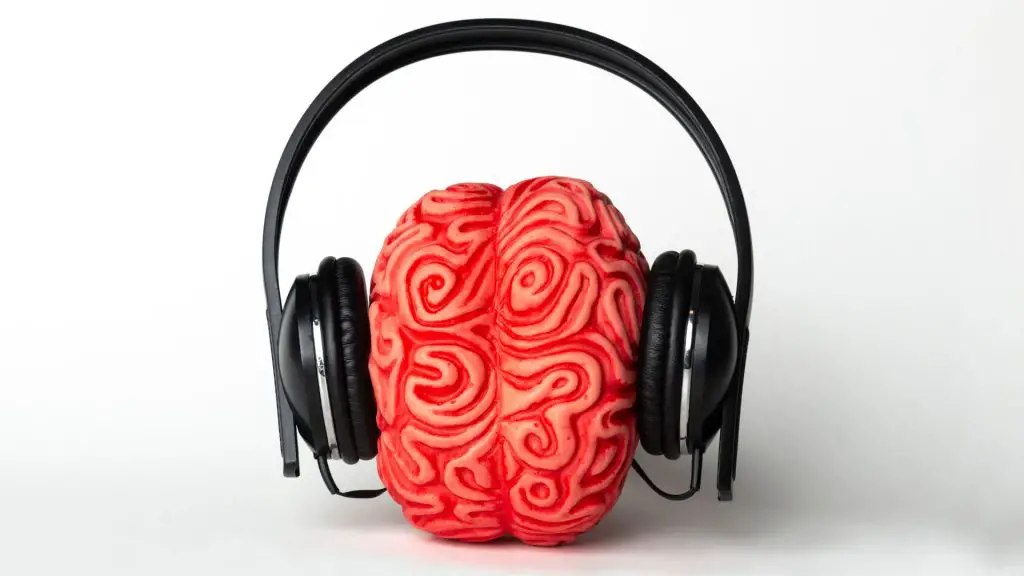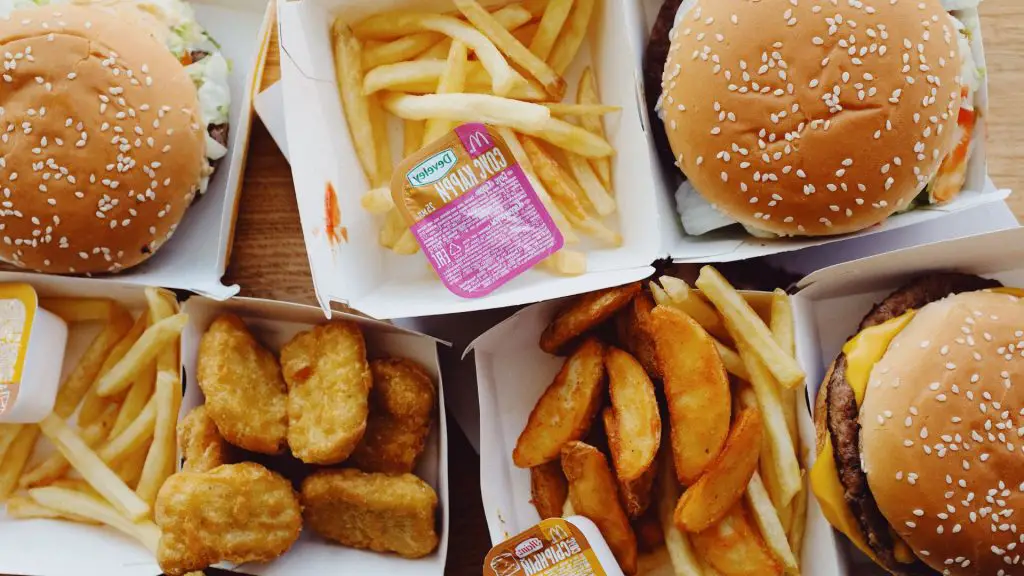Food cravings are a common experience, and they can often lead to overeating of unhealthy foods. So many ask us, “can music stop food cravings?” While there is no one-size-fits-all solution to stopping food cravings, although research has shown that music can play a role in suppressing appetite and reducing the urge to indulge in junk food. In this article, we’ll explore the science behind food cravings, the impact of music on the brain and emotions, and practical strategies for using music to curb food cravings.
The Science Behind Food Cravings

Food cravings are often triggered by a combination of psychological and physiological factors. These can include emotional stress, hormonal imbalances, and the availability of high-calorie, highly palatable foods.
The brain plays a central role in food cravings, as some areas of the brain are activated when we experience cravings, particularly the hypothalamus, amygdala, and striatum. These areas of the brain are associated with motivation, emotion, and reward, and they can be activated by the sight, smell, or thought of certain foods.
The Impact of Music on the Brain and Emotions

Music has a powerful impact on the brain and emotions. It has been shown to affect brain activity and mood and can have psychological and physiological effects on the body. Research has shown that music can reduce stress and anxiety and alter the release of hormones and neurotransmitters that regulate mood and behavior.
One of the ways that music affects the brain is by altering the release of dopamine, a neurotransmitter associated with pleasure and reward.
Dopamine is also involved in regulating food intake and body weight and has been shown to play a role in developing food cravings. By altering the release of dopamine, music can potentially help to reduce food cravings and suppress appetite.
The Impact of Music on Food Cravings

While the relationship between music and food cravings is not fully understood, there is some evidence to suggest that music can reduce the urge to indulge in junk food.
One study conducted at the University of Sussex found that listening to slow-paced music led to a reduction in caloric intake. In contrast, fast-paced music was associated with an increase in food consumption. The study suggested that music can impact the food consumption rate.
Another study published in the journal Appetite found that background music played a role in the amount of food consumed in a restaurant setting. Participants who listened to slow-paced music consumed fewer calories and ate more slowly than those who listened to fast-paced music.
These findings suggest that the tempo of music can impact the pace of eating, which can impact the overall amount of food consumed. Therefore you can use this to stop craving junk food.
Practical Strategies for Using Music to Curb Food Cravings

If you’re looking for ways to stop cravings for junk food, here are some practical strategies for using music to suppress appetite and reduce food cravings:
- Select music that is slow-paced and relaxing. Slow-paced music has been shown to reduce the urge to indulge in junk food and may help slow down the eating pace.
- Incorporate music into your daily routine. Consider listening to music while preparing meals, eating, or doing other activities associated with food cravings.
- Use music as a distraction. When you experience a craving for junk food, try listening to music as a way to distract yourself and take your mind off of food.
- Experiment with different types of music. Everyone has different preferences when it comes to music, so try out different genres and styles of music to see what works best for you. Some people may find that classical or soft instrumental music helps reduce food cravings, while others may prefer upbeat or energetic music.
- Create a playlist specifically for reducing food cravings. Choose songs that make you feel relaxed and calm, and add them to a playlist that you can listen to whenever you experience a craving for junk food.
- Pair music with other healthy habits. Combine listening to music with other healthy habits, such as exercise, mindfulness, or deep breathing, to create a diverse approach to reducing food cravings.
Conclusion

“So music and eating. Are they related?” I sincerely hope we have answered this question for you.
In conclusion, the relationship between music and food cravings is complex. Still, research has shown that music can play a role in suppressing appetite and reducing the urge to indulge in junk food. Whether it’s through slowing the pace of eating or distracting the brain from food-related stimuli, music can be a valuable tool in the fight against food cravings. So if you’re looking for a new strategy for reducing cravings for junk food, consider incorporating music into your daily routine.
